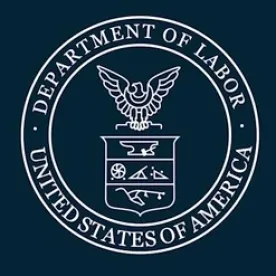On August 30, 2017, the Department of Labor (“DOL”) officially proposed delaying the applicability date of exemptions to its fiduciary rule until July 1, 2019. The proposal was expected after DOL stated in a court filing earlier this month that a delay proposal was under review by the Office of Management and Budget.
This proposal would further delay applicability of the most onerous conditions for the Best Interest Contract Exemption as well as the Principal Transaction Exemption and Prohibited Transaction Exemption 84-24 (which provides an exemption for certain advice related to insurance and annuity contracts). For example, the proposal would delay applicability of the following conditions for the Best Interest Contract Exemption:
-
The requirement to enter into written contracts that create a private right of action (and restrict arbitration provisions) for breach of fiduciary duty with respect to an IRA or other non-ERISA arrangement;
-
The requirement to adopt policies and procedures for mitigating conflicts (although policies and procedures might still be appropriate for implementing the impartial conduct standard that is currently in effect); and
-
Disclosure requirements.
In proposing the extension, DOL stated that it has not completed its review of the fiduciary rule that was ordered by the President on February 3, 2017. DOL indicated that it intends to coordinate with the SEC and to make changes before the requirements become applicable. In particular, DOL stated that it expects to propose a “new and more streamlined class exemption built in large part on recent innovations in the financial services industry.”
In the meantime, as discussed in this post, the fiduciary rule’s “impartial conduct standards” remain in effect. Until January 1, 2018, a good faith standard applies for enforcement actions—meaning that DOL and IRS “will not pursue claims against investment advice fiduciaries who are working diligently and in good faith to comply with their fiduciary duties and to meet the conditions of the [prohibited transaction exemptions].” DOL has requested comments on whether to extend this temporary enforcement policy past January 1, 2018.
Relatedly, DOL also released Field Assistance Bulletin No. 2017-03, in which it announced that it will not pursue claims against fiduciaries for failure to comply with the “Arbitration Limitation” in the Best Interest Contract Exemption and the Principal Transaction Exemption. This is consistent with the position taken by the Acting Solicitor General in pending litigations. The “Arbitration Limitation” would make the Best Interest Contraction Exemption and the Principal Transaction Exemption unavailable if a fiduciary’s contract with a retirement investor includes a waiver of the investor’s right to bring or participate in a class action.
We are continuing to monitor developments.





 />i
/>i

